Description
In April 1863—after the U.S. Dakota War of 1862, after the hanging of thirty-eight Dakota men in the largest mass execution in U.S. History— some 270 Dakota men were moved from Mankato, Minnesota, to a prison at Camp McClellan in Davenport, Iowa. Separated from their wives, children, and elder relatives, with inadequate shelter, they lived there for three long, wretched years. More than 120 men died. Desperate to connect with their families, many of these prisoners of war learned to write. Their letters, mostly addressed to the missionaries Stephen R. Riggs and Thomas S. Williamson, asked for information, for assistance, and for help sending and receiving news of their loved ones.
Dakota elders Clifford Canku and Michael Simon, fluent Dakota speakers, provide both the Dakota transcription and the first published English translation of fifty of these letters, culled from Riggs’s papers at the Minnesota Historical Society. They are a precious resource for Dakota people learning about the travails their ancestors faced, important primary source documents for historians, and a vital tool for Dakota language learners and linguists.
These haunting documents present a history that has long been unrecognized in this country, in the words of the Dakota people who lived it. The dedication written by the authors, both of whom are descendants of Dakota prisoners of war, declares: “Our relatives are watching over us. / We are humbled as we honor our ancestors. / Woecon kin de unyakupi do / We accept this responsibility you gave us.”
About the Author
The Rev. Michael Simon, translator and co-editor is an instructor of Dakota language for the Moorhead (Minn.) Public Schools; a fluent Dakota speaker; and an enrolled member of the Sisseton Wahpeton Oyate
Details:
- Publisher : Minnesota Historical Society Press; 1st edition (November 1, 2012)
- Language : English
- Paperback : 256 pages
- ISBN-10 : 087351873X
- ISBN-13 : 978-0873518734
- Item Weight : 1.35 pounds
- Dimensions : 7.88 x 0.8 x 11 inches
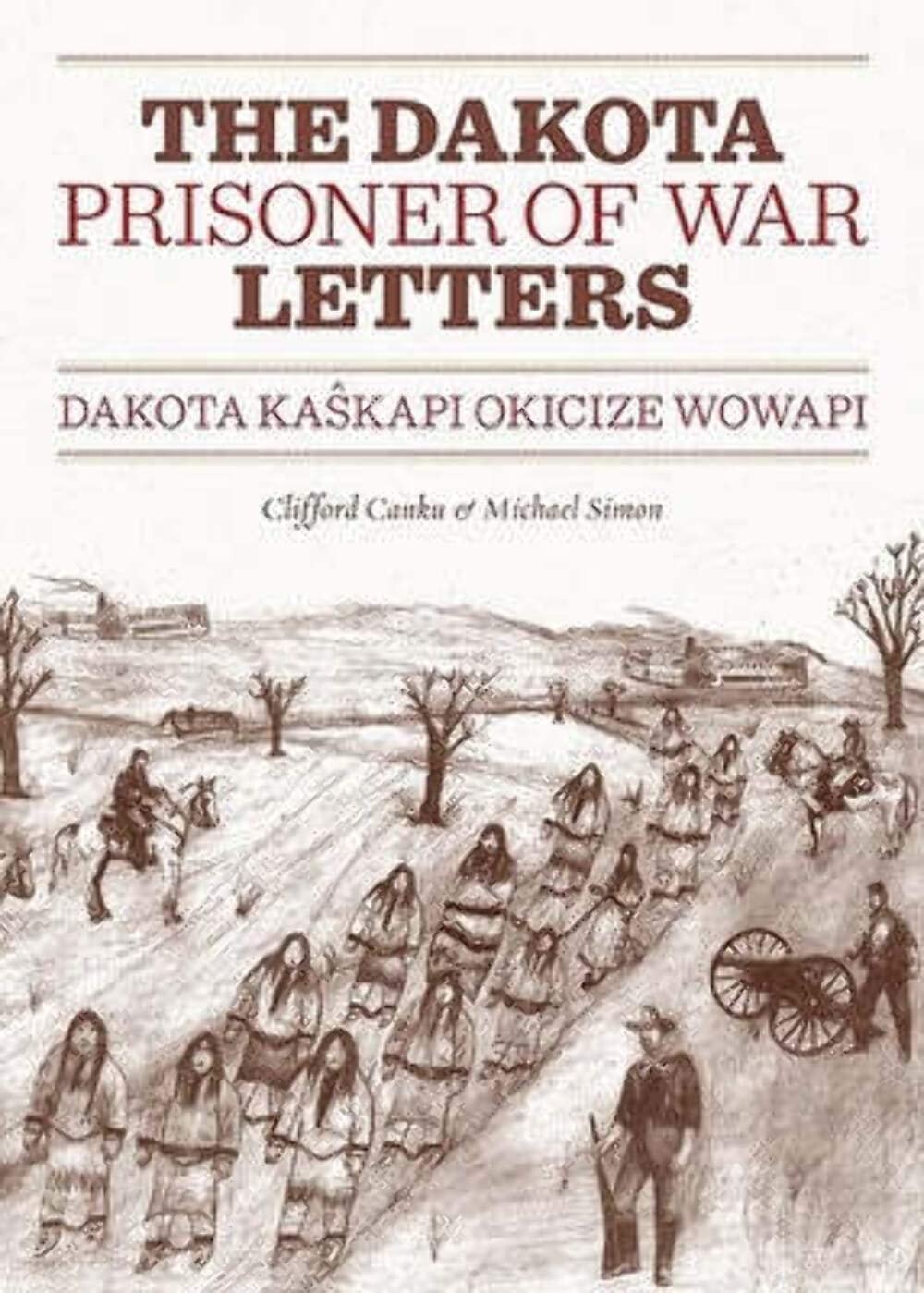



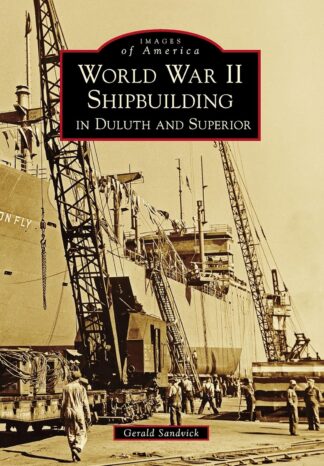
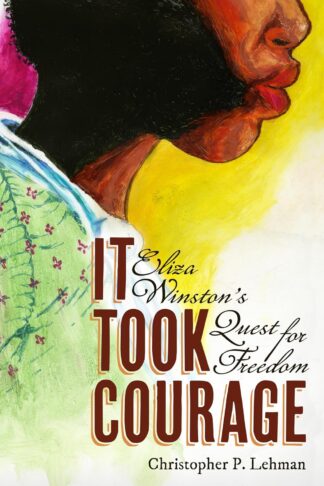
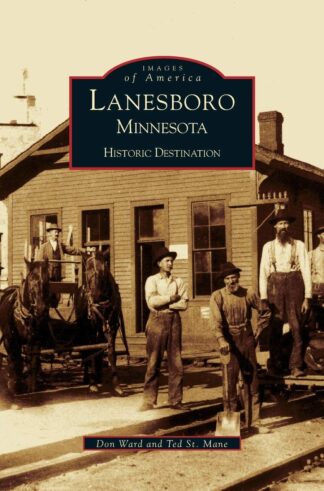
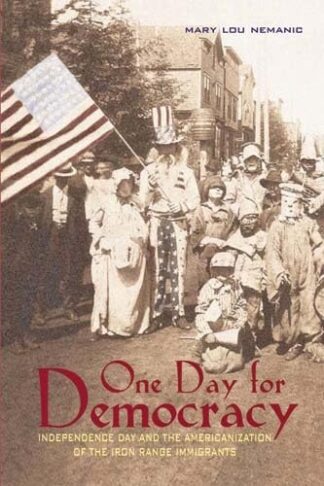
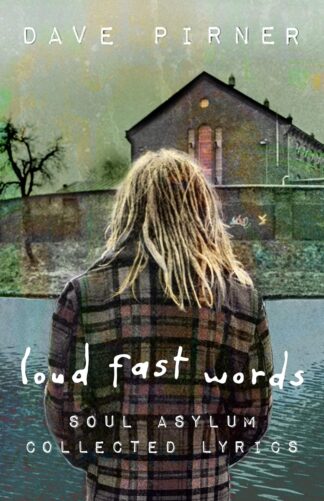
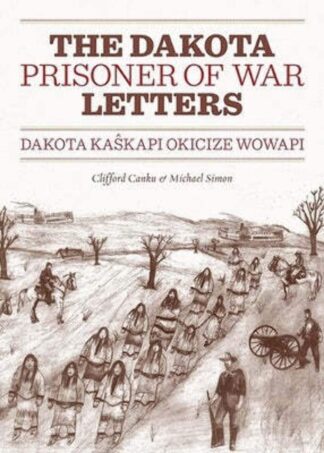
Cate –
The letters contained in this book, written by Dakota prisoners held at Camp McClellen in Davenport, IA following the Dakota – U.S. War of 1862, have been translated into Dakota English, and are heartbreaking and revealing. They give voice to a group of people who’s own history has been largely written from the white perspective, and are of great historical and cultural importance.The letters are addressed to Christian missionary Rev. Stephen Riggs and one to Henry Sibley. I am not trained in the art of interpreting historical documents, but I sensed a great sadness and a shift in Dakota spiritual life that is painful to bear witness to. To me, the sense of loss is palpable as these men cope with imprisonment, the loss of their families, the loss of their ancestral homelands, and the drastic changes to their culture. I couldn’t help but imagine what was happening to these men and their families, and the hardships they endured, only to be faced with more trials and tribulations after their release.I am grateful that Dr. Canku and Mr. Simon translated and published these correspondences.Please note: It is very necessary to read the intro carefully, for the translations were done into Dakota English, and therefore reads differently than Standard English.
Khara Harris –
My mother’s uncles wrote this book. And I’m crying my eyes out reading it. Wondering if I did the wrong thing having my father buried at Fort Snelling cemetery. Knowing the blood shed through that area.
John M. GrosVenor –
Enjoyed this book as it is part of my history. Still reading it, as it is translated in Dakota, Dakota English and English. This is a part of history that I did not know about the other 276 being sent to Camp Kearney and Camp McClellem. People who do not know about the 38 +2 Dakotah men who were hung the day after Christmas in Minnesota need to read the history. So many of our people were displaced to Lower Brule, Sisseton, Yankton and Santee Reservations. The homeland of our people is Minnesota. As a young person I used to wonder why there were so many streets and places in Minnesota with Dakotah names. It wasn’t until 1992 when I saw the video on PBS, “The Dakota Conflict”. A light bulb went off in my head when they mentioned stuffing grass down the agent’s mouth. I was only 4 years old when my grandmother told all of us about this. You see my ancestors were hungry and the Agent said they could eat their own dung or grass. I’m wopida tanka to Clifford Canku and others for taking on the task of translating these letters. It will help many of us to take time in learning our language.Again I thank Clifford Canku for bringing a part of history I knew nothing about. I don’t know if my 2nd great grandfather and grandmother went to these camps. Their names are Hus’te and Oicobe.Sincerely,Gerri GrosVenor
Laury Ostrow –
The translator’s introduction does so much work of putting everything in context. Thank you!
Louis R. Garcia –
I highly recommend this book to any historians who wish to investigate the prison camps.Genealogists will also like this book as many names of the prisoners and deaths within the camp are mentioned in the letters.Finally anyone interested in the Dakota language will enjoy this book as the words are translated into English word for word.The original spelling and the modern spelling is also included.
Steven G. Reynolds –
Very emotional
Wodakota –
Excellent historical resource
skilletlicker –
So glad I ordered this book. It’s better than I expected. Thank you!
Ulrich Wick –
An important lesson
Anyone who does expect just another “Indian story” is quite wrong here. But it’s an important lesson in history for all those who want to know more, who are ready to listen to the voices of people that remained silent for about 150 years. Forget your stereotypes about Native Americans. This is reality.